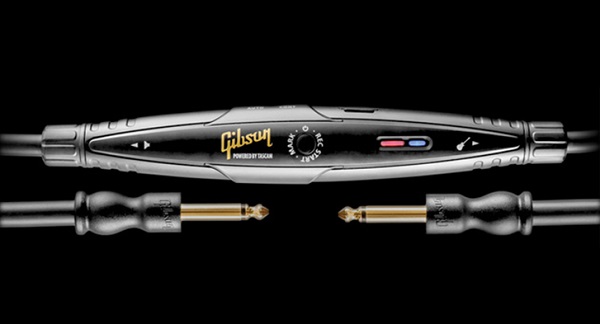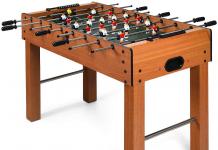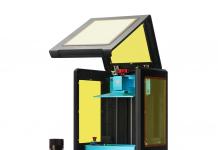The renowned American maker of guitars invented a guitar cable that is capable of recording every guitar lick that goes through it.
This would be particularly useful for the ones who perform a perfect riff one day, but can’t remember bits of it the next day, due to some specific beverages that were consumed during the initial session. With the help of the Gibson Memory Cable, guitarists will be able to play back a riff from the previous day and reproduce it perfectly.

The Memory Cable is the result of a team effort, as Gibson collaborated with audio recording specialist Tascam to get it done. The working principle of this little gadget is rather simple. A 4GB microSD card is used for recording up to 13 hours of music at CD quality. The 44.1kHz/16-bit sound WAV files are then transferred to recording software using the said microSD card. It’s uncertain whether the Memory Cable works with cards of a higher capacity or not.
Measuring 16-feet in length, the Memory Cable is not extraordinary in this aspect. When not powered by the two batteries (an AA battery for its recording function and an LR14 for the clock), this gadget can be used as a common cable, its functionality remaining unaltered. It’s probably best to opt for rechargeable batteries, as the AA one only lasts for up to 8 hours of recording. The one powering the clock has a longer lifetime, as it lasts a whole year.
Besides guitars, the Memory Cable can handle all sorts of electric instruments, from bass guitars to drum machines and synthesizers, so Gibson isn’t restricting its potential customers.
Gibson plans to launch the Memory Cable in May, and anyone wanting to capture ideas or store creative moments will have to shell out $100 in order to have it. Guitar cables usually cost a fifth of that, so the price may seem steep for a moment there. Still, the features of this cable, while not overly complex, are worth every penny. The only thing that could make it less impressive was if it proved to be cumbersome while using the musical instruments, but that’s very unlikely, as the recording module isn’t big, and its weight is really negligible.
Be social! Follow Walyou on Facebook and Twitter, and read more related stories about the Z-Machines guitarist that employs 78 fingers for the perfect riff, and the Guitar Wing that adds digital fx to guitars and basses.










